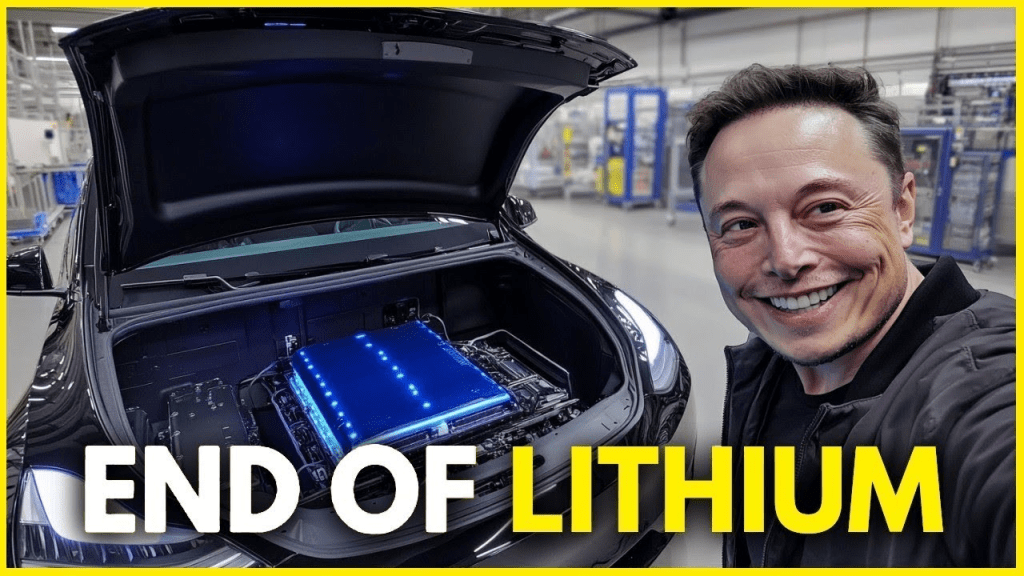
Tesla, led by the visionary Elon Musk, has once again taken a giant leap in innovation, this time with the introduction of an aluminum-ion battery poised to redefine the future of electric vehicles (EVs). Promising a groundbreaking 15-minute charging time, this cutting-edge technology could propel Tesla to new heights and reshape the transportation industry as we know it.
Let’s delve into the details of how this latest advancement could transform EVs and beyond.
The Evolution of Tesla’s Battery Technology
From its early days, Tesla has understood that the battery is the heart of any electric vehicle, dictating its range, performance, and cost. This recognition spurred the company to embark on relentless innovation in battery design, starting with its first-generation lithium-ion cells in the original Tesla Roadster.

These early cylindrical cells, known as 18650 cells, set the stage for Tesla’s dominance in the EV market. However, as the company expanded, so did its need for more powerful and efficient batteries. This led to the introduction of the 2170 cells in the Model 3 and Model Y, followed by the groundbreaking 4680 cells unveiled during Tesla’s 2020 Battery Day.
The 4680 cells brought significant improvements, including a fivefold increase in energy density and a sixfold boost in power output. Yet, Elon Musk and his team were not satisfied. They envisioned batteries that could charge faster, last longer, and integrate seamlessly into a vehicle’s structure—goals that have culminated in the development of Tesla’s aluminum-ion battery.
Aluminum-Ion Batteries: A New Era
Tesla’s aluminum-ion battery is a monumental shift from traditional lithium-ion technology. Here’s why it stands out:
Unmatched Charging Speeds
With a rapid 15-minute charging time, the aluminum-ion battery addresses one of the most significant barriers to EV adoption: long charging durations. This improvement could make charging an EV as quick and convenient as refueling a gasoline-powered car.
Higher Energy Density
Aluminum-ion batteries pack more energy into a smaller, lighter package, enabling EVs to achieve longer ranges without increasing battery size. This innovation could pave the way for ultra-long-range EVs capable of exceeding 500 miles per charge.
Enhanced Safety and Longevity
Aluminum-ion technology minimizes the risks of overheating and thermal runaway, thanks to its advanced thermal management systems and non-flammable materials. This results in a safer and more durable battery with a longer lifespan.
Sustainability and Cost Efficiency
By reducing reliance on scarce materials like cobalt, the aluminum-ion battery not only lowers production costs but also mitigates ethical and environmental concerns associated with mining.
Applications Beyond EVs

